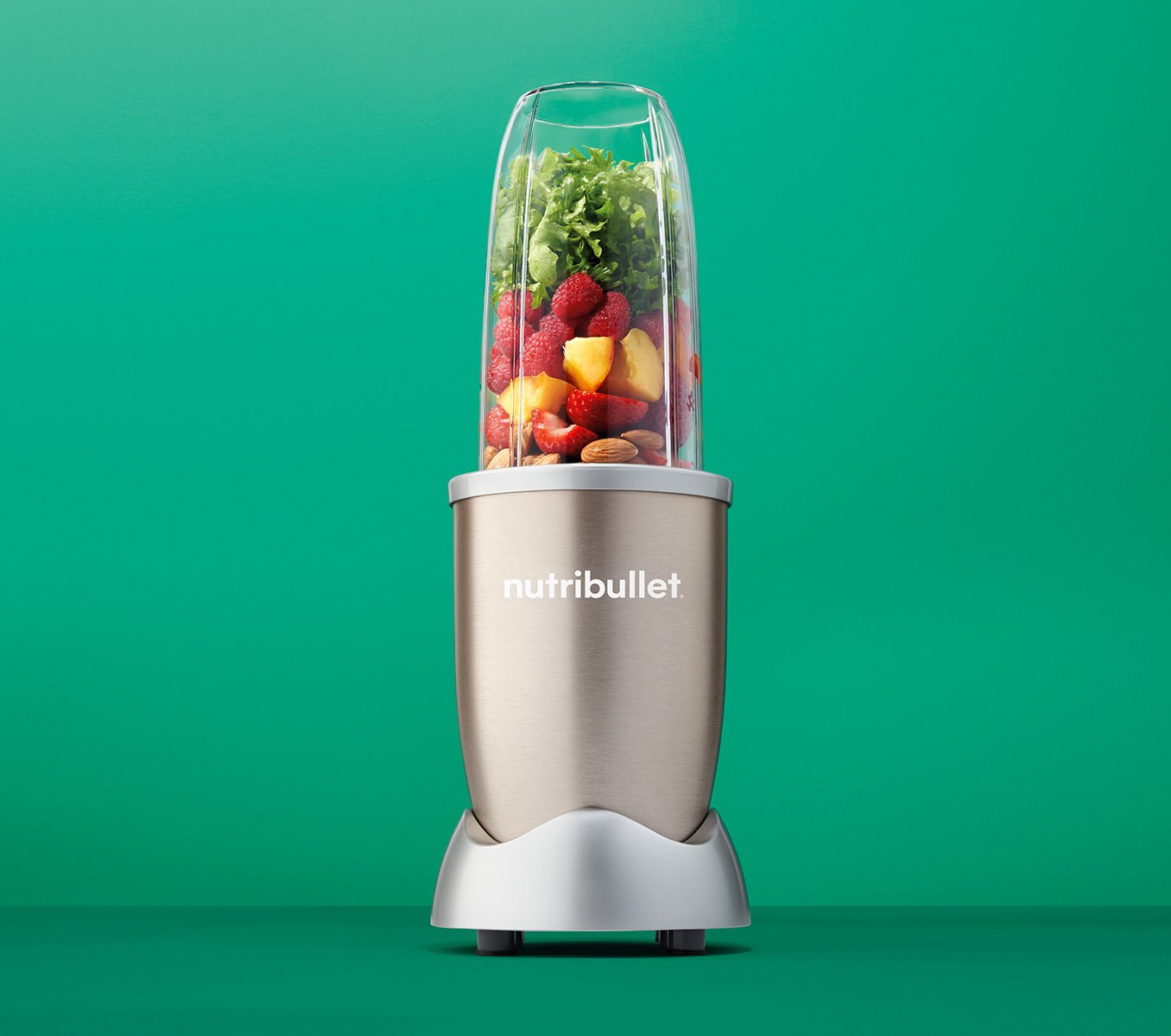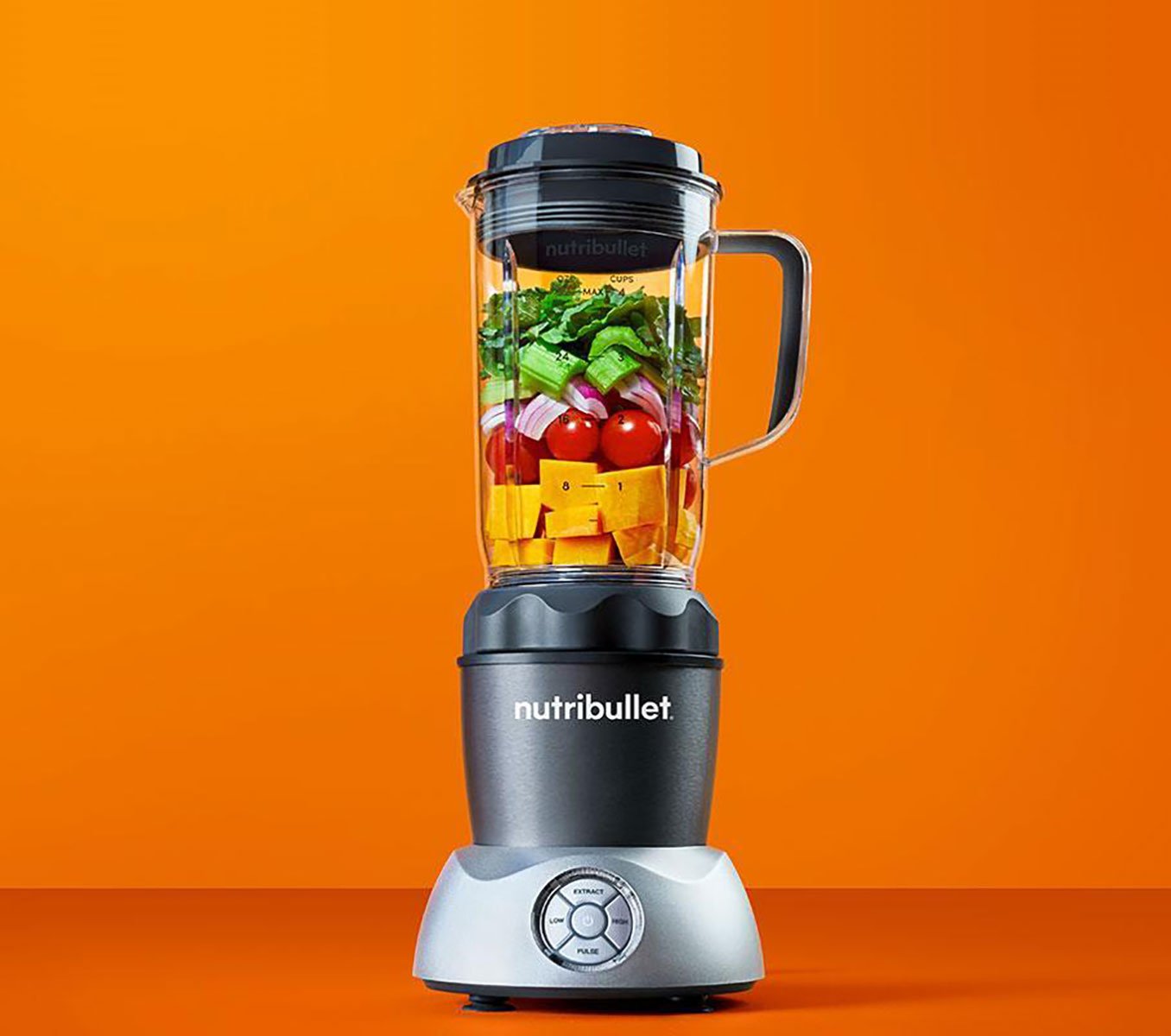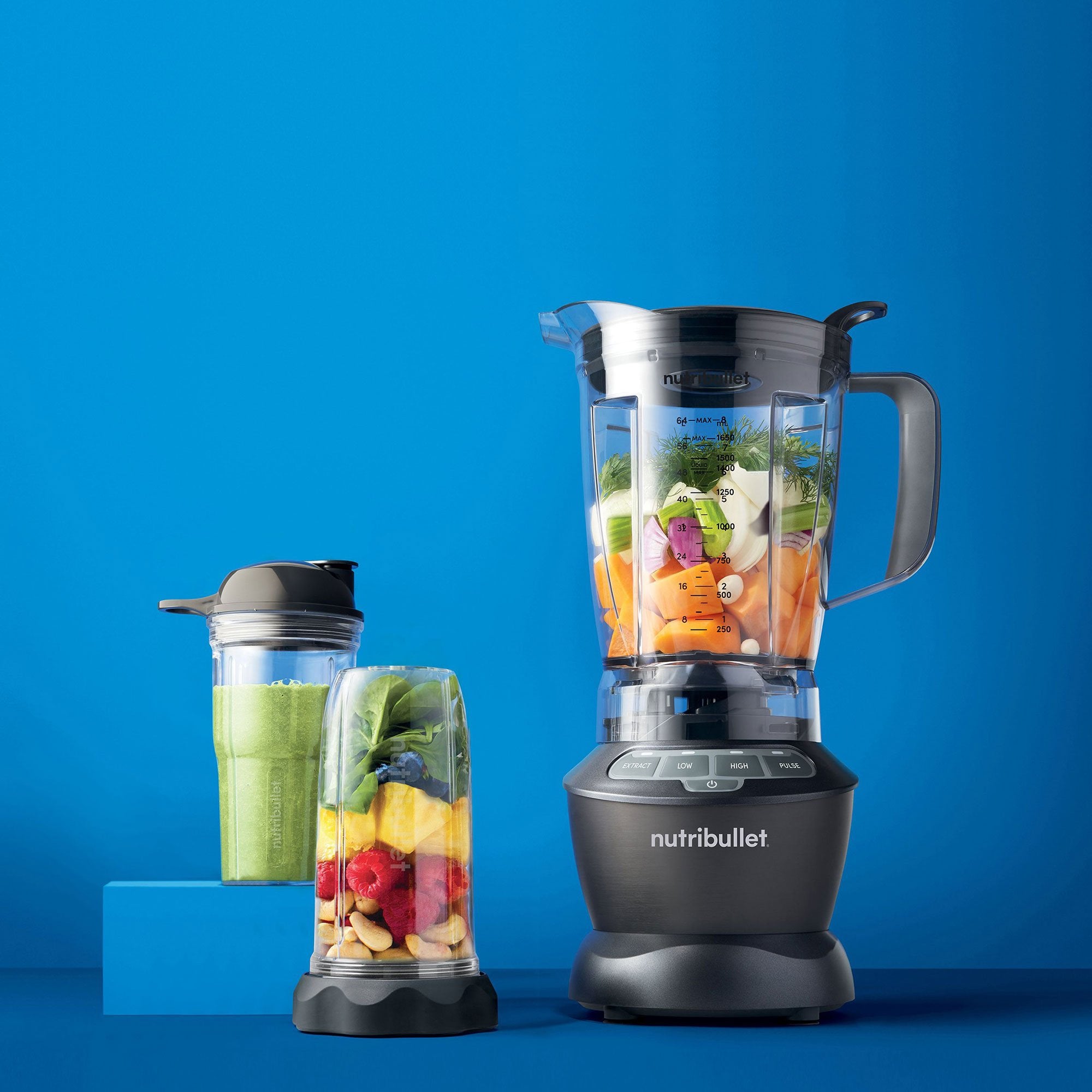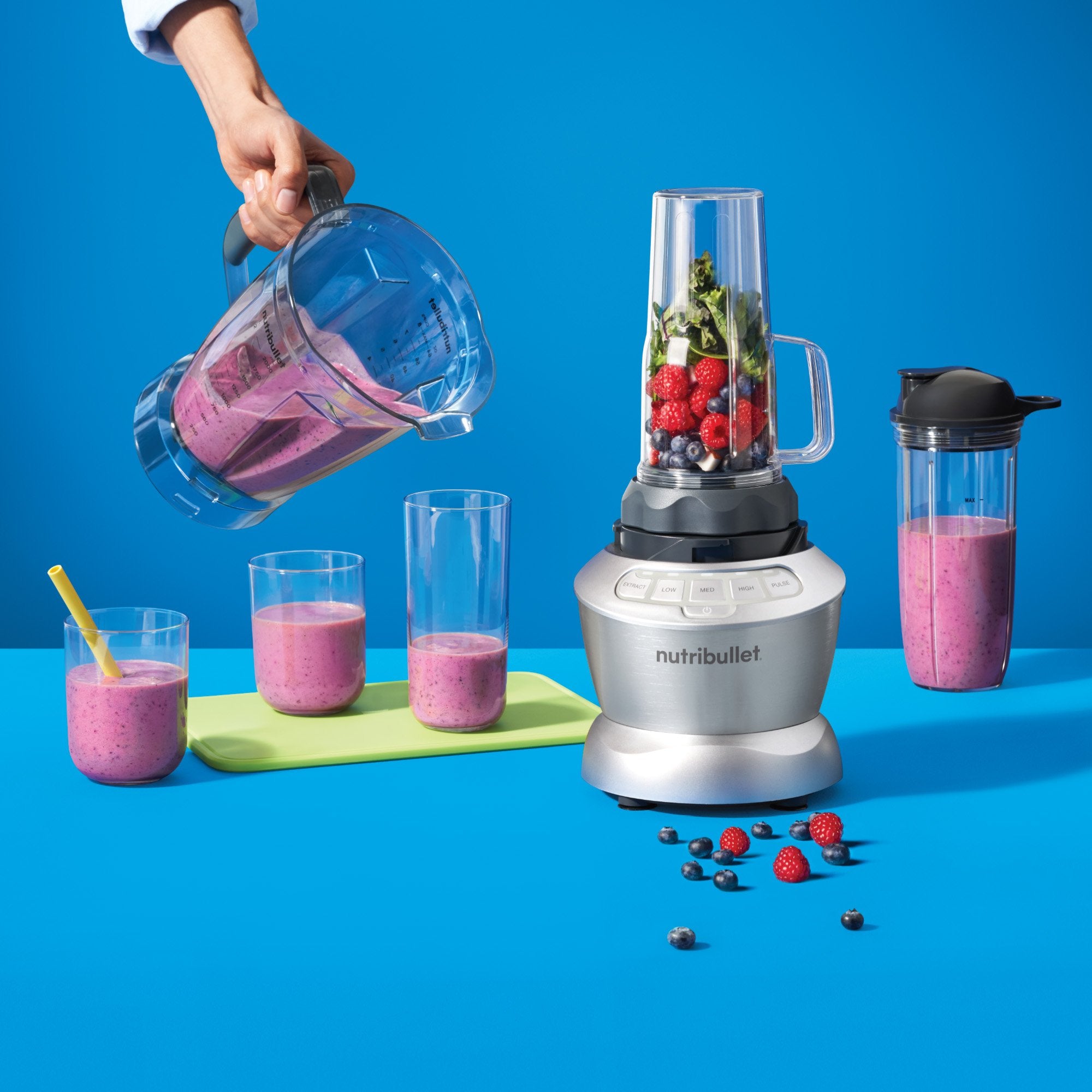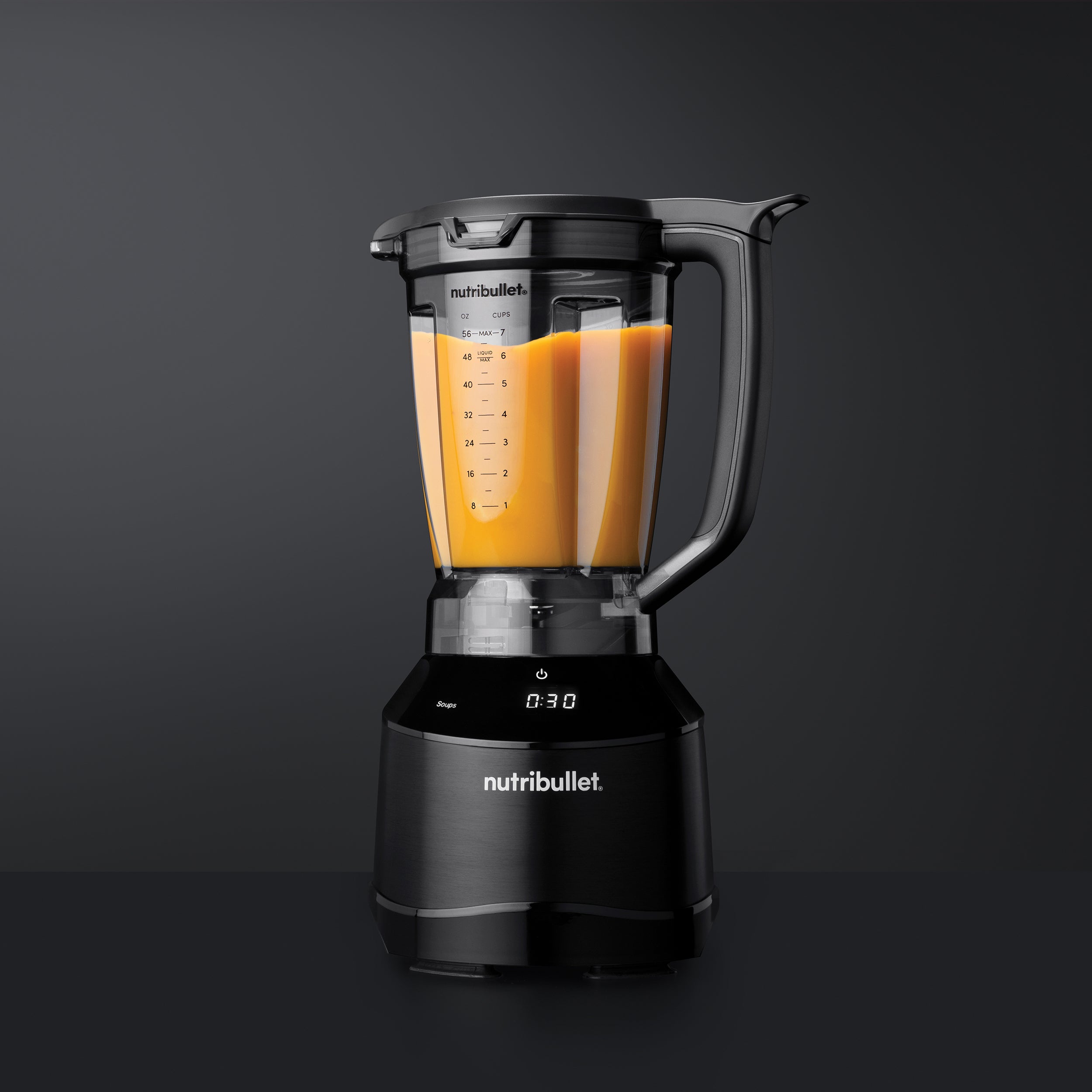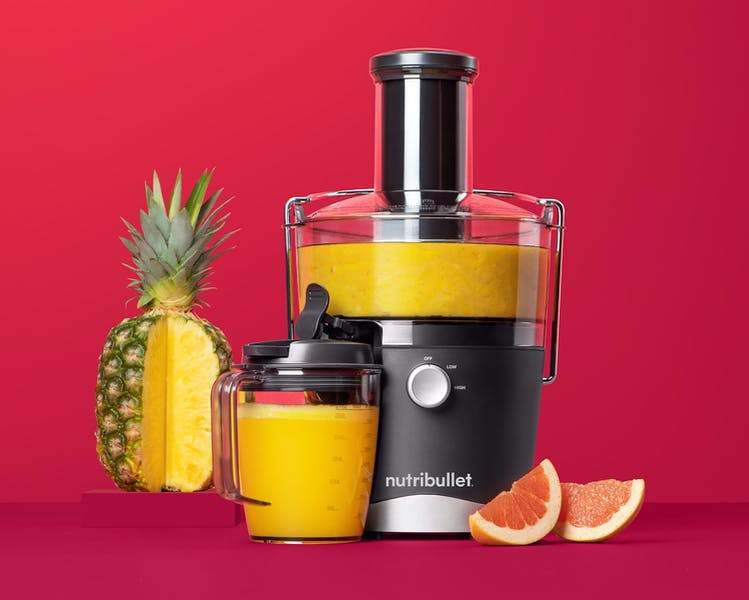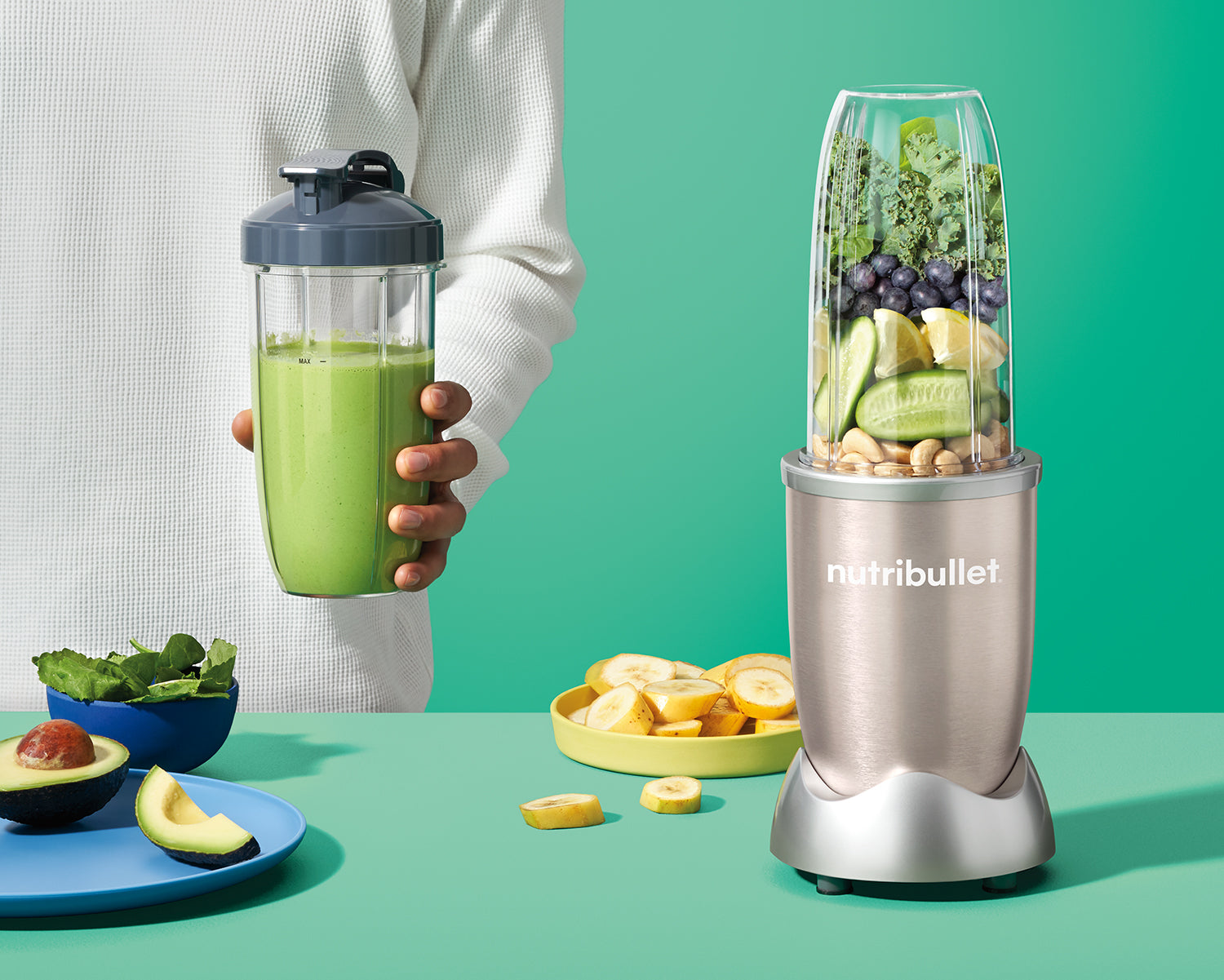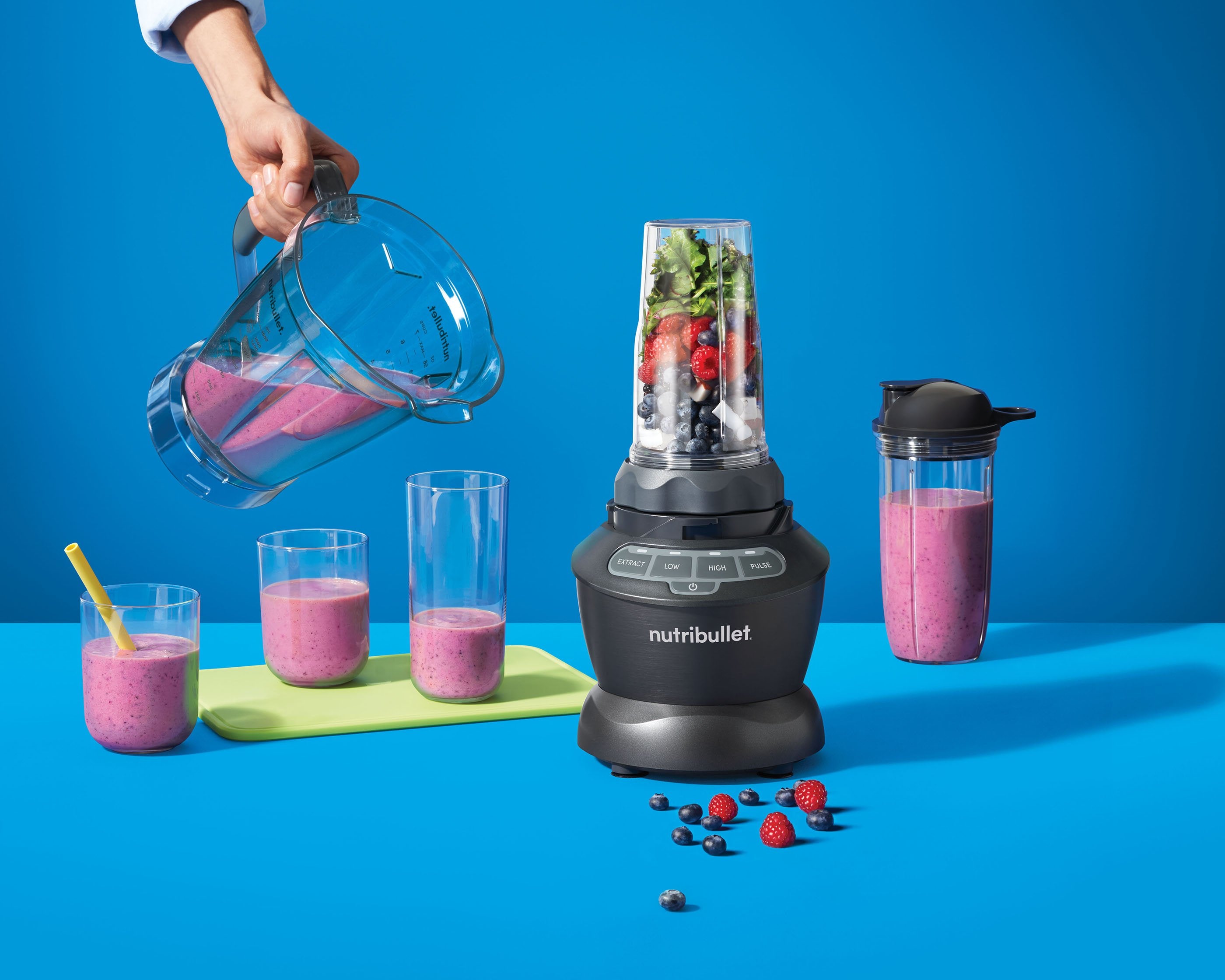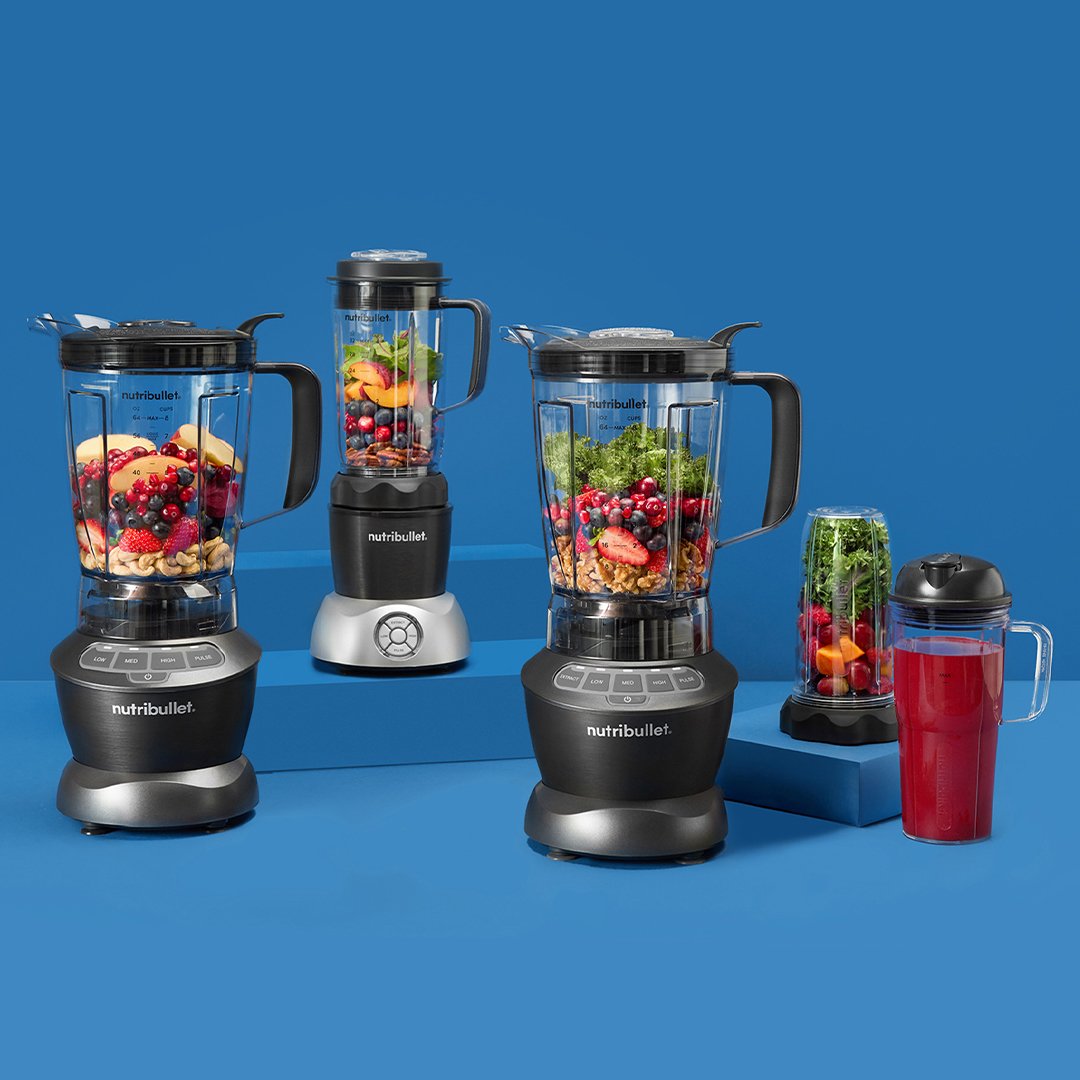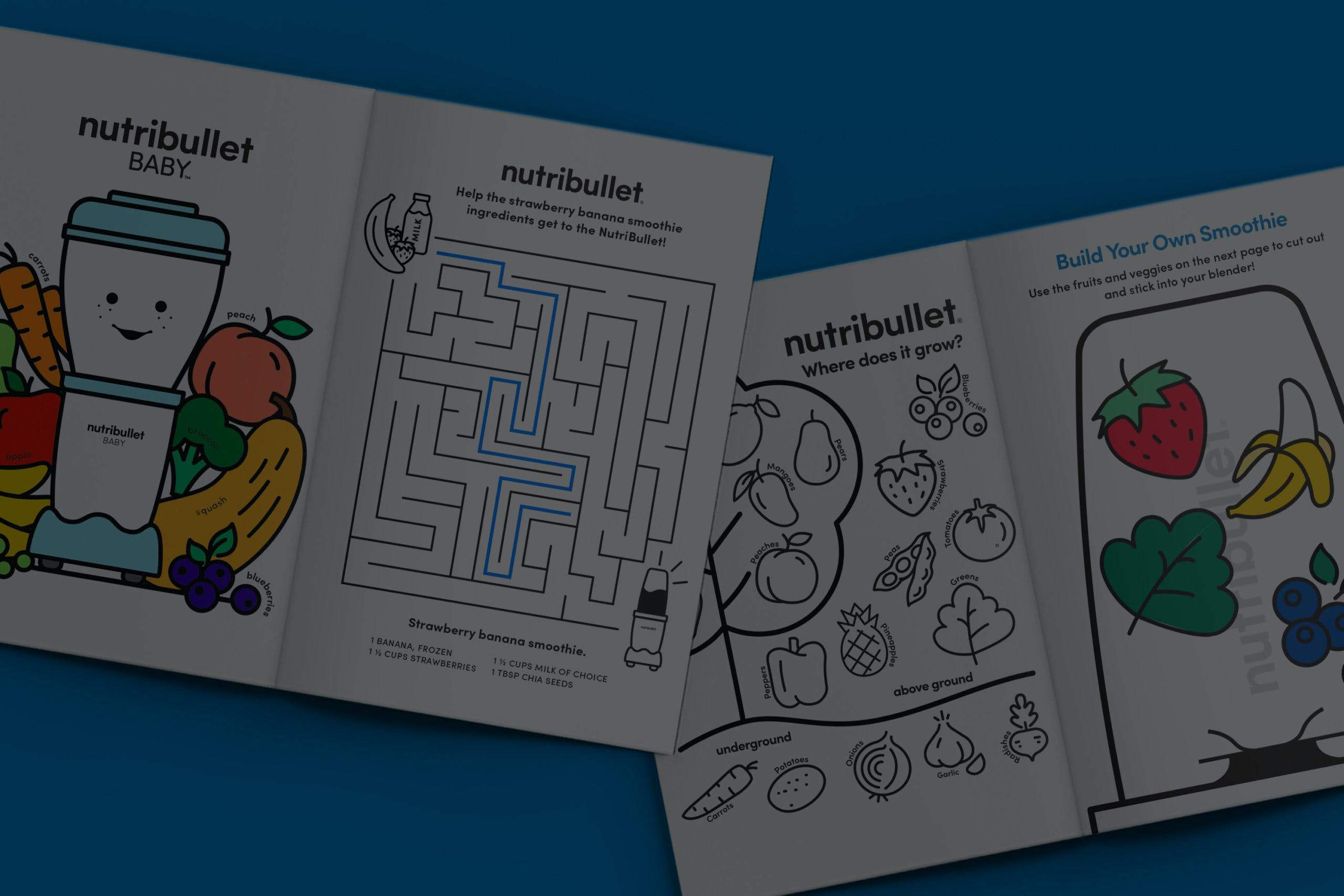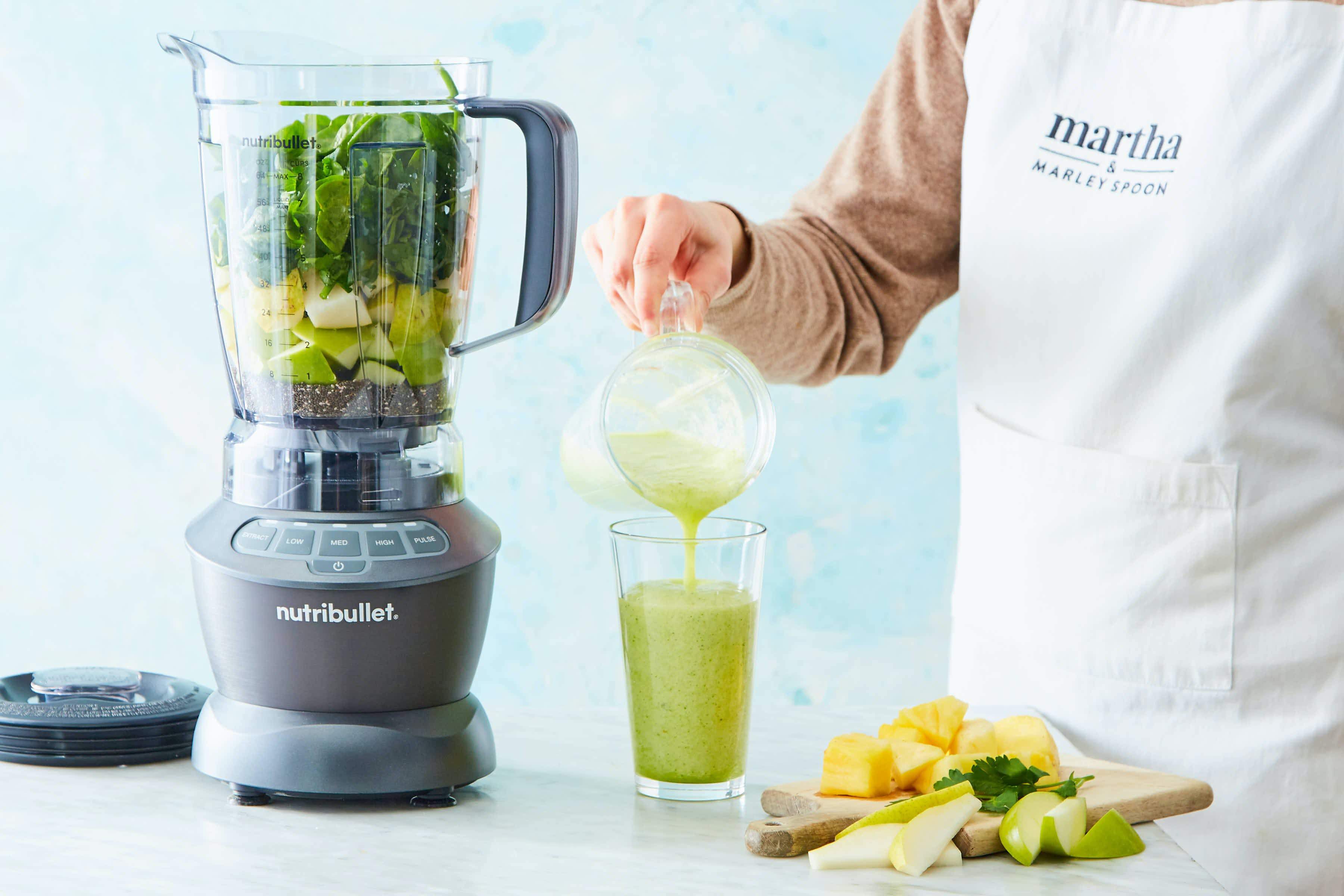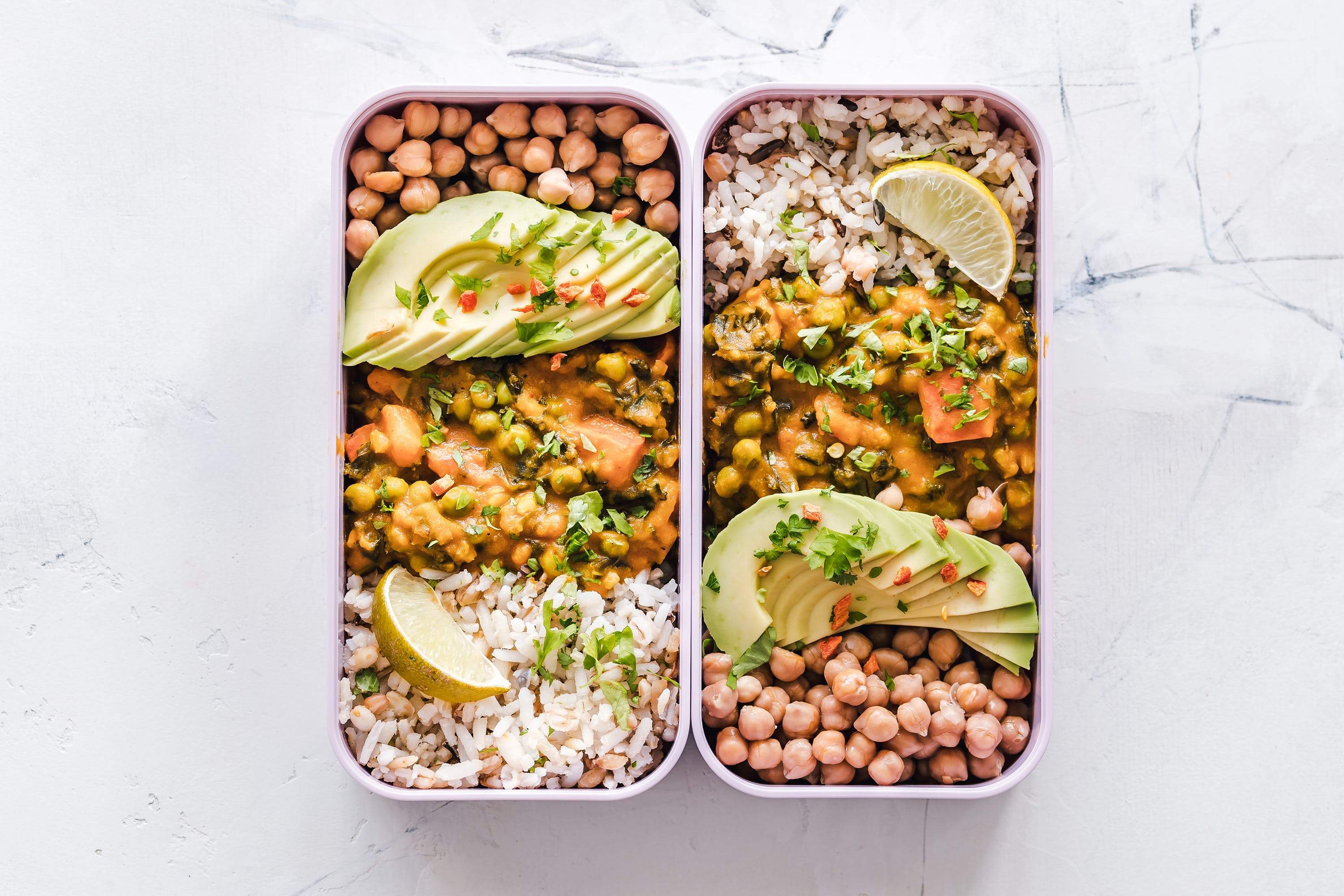If you’re like me and love Indian food, you’re in luck! One of the most common spices in Indian dishes, turmeric (which contains the active ingredient curcumin), has been studied extensively for its ability to improve memory, reduce inflammation, improve overall health and immunity as well as alleviate symptoms of depression.
In my family, we use turmeric almost every single day of the year. Many who aren’t familiar with turmeric as a cooking spice choose to take curcumin as a supplement. My wife and I prefer to use curcumin by adding it to family recipes.
In my practice, there are only a few select supplements I recommend frequently. One of those is turmeric. With several hundred studies documenting its benefits and having experienced them in my personal life, it has earned a permanent place in my cupboard and my medical practice.
Benefits of Curcumin
Today I’d like to discuss two of the top benefits of curcumin: improving memory and supporting mood.
Improve Memory
In a double-blind, placebo-controlled study published in the American Journal of Geriatric Psychiatry, 40 adults over age 50 were given 180 milligrams of curcumin or a placebo daily for 18 months. Prior to the study, each participant was experiencing significant trouble with memory loss.
Through regular cognitive assessments and brain scans, researchers were able to track any improvements made during the 18-month period.
Those who took curcumin daily experienced significant improvements in both memory and attention abilities. This was in stark contrast to those on the placebo who experienced little to no improvements.
“Exactly how curcumin exerts its effects is not certain, but it may be due to its ability to reduce brain inammation, which has been linked to both Alzheimer’s disease and major depression,” said Dr. Gary Small, director of geriatric psychiatry at UCLA’s Longevity Center and the study’s first author.
Improves Mood
In a 2014 study done by the Department of Pharmacology at Government Medical College in India, researchers gave participants with Major Depressive Disorder either a daily dose of Prozac, Prozac with curcumin, or curcumin alone for six weeks.
The group taking the combination of Prozac and curcumin experienced the most improvement over the six-week period (77.8 percent) compared to the group taking only Prozac (64.7 percent) or curcumin alone (62.5 percent).
Researchers concluded, “This study provides first clinical evidence that curcumin may be used as an effective and safe modality for treatment in patients with MDD [major depressive disorder] without concurrent suicidal ideation or other psychotic disorders.”
Other Impressive Benefits of Curcumin
- Potent anti-inflammatory
- Increases the antioxidant capacity of the body
- Lowers risk of brain disease
- May help reduce the risk of heart disease
- May be beneficial as a secondary cancer treatment
- Alleviates symptoms of arthritis
- Anti-aging properties
Partha’s Prescriptions – 4 Ways to Add Curcumin to Your Daily Routine
- Turmeric Tea – Boil 4 cups of water. Add 1 tsp ground turmeric and simmer for 10 minutes. Strain the tea through a fine sieve into a mug. Add a little honey and freshly squeezed lemon to taste.
- Turmeric Juice – With a high-quality juicer, juice 2 inches of turmeric, 2 large handfuls spinach, 3 large carrots, 1 cucumber and 1 lemon. If you need it a little sweeter, add 1/4 of a green apple.
- Persimmon Fudge with Turmeric
- Dr. Nandi’s Jackfruit Curry
Conclusion
Curcumin is a powerful spice that can be beneficial for a variety of health issues. Always work with your healthcare professional to create the best plan for your unique health challenges. You will be most successful in reaching your goals as you work as a team with your doctor and medical advisers.
Find this and other health-promoting articles by Dr. Partha Nandi on his website, Ask Dr. Nandi.
Nutritional information
Recipe: Creamy Green Strawberry Dream Serving in this recipe:1
- Calories: 236.6
- Total Fat: 3.6 g 5.5%
- Saturated Fat: 0.4 g 1.9%
- Cholesterol: 0 mg 0%
- Sodium: 358.7 mg 14.9%
- Total Carbs: 45.7 g 15.2%
- Dietary Fiber: 9.9 g 39.4%
- Sugar: 22.1 g
- Protein: 8.1 g 16.2%
- Vitamin A: 481.9% Vitamin C: 244.1%
- Calcium: 68.5% Iron: 26.1%
* Percent Daily Values are based on a 2,000 calorie diet. Your daily values may be higher or lower depending on your calorie needs.

